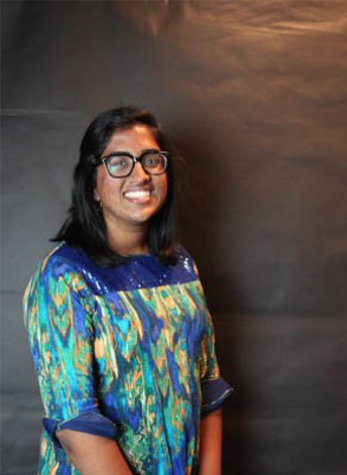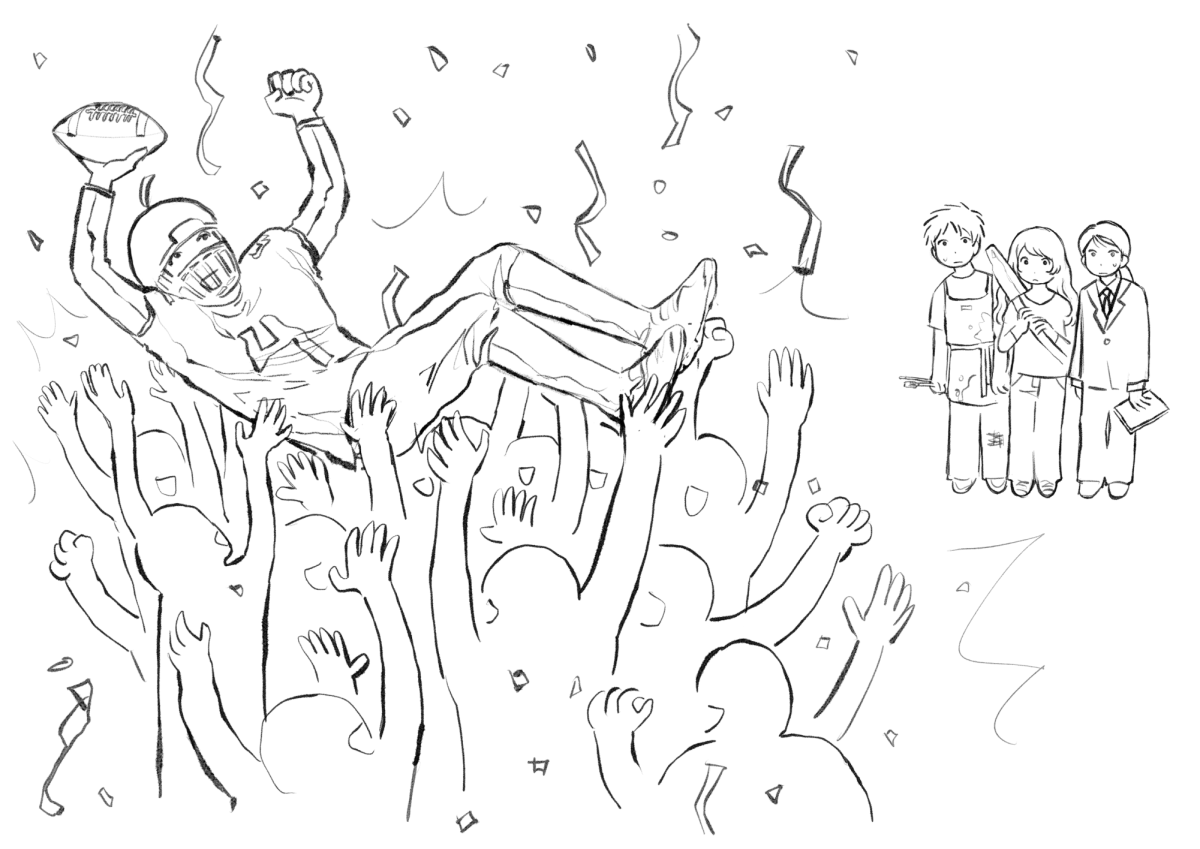Film Review: “The Duff”
February 20, 2015
I’ll admit, “The DUFF” isn’t the type of film I usually view in theaters. I’ve also been known to fully over-analyze movies.
For people who enjoy this type of chick-flick, the movie would be fun with a few friends and an open mind. I wouldn’t expect to walk away a changed person, but the movie is good to kill a few hours. It’s light-hearted, and with the abundance of films in theaters that are very serious, thanks to the Oscar season, this could be a good change of pace.
But, as I said before, this movie isn’t quite my cup of tea, and so, I have a few criticisms.
From what I had seen in trailers and promos I saw before viewing the film, it gave me the feeling that the film was just going to be another teenage movie that perpetuated the idea that girls need to be conventionally attractive to men to be more than the “designated ugly fat friend.”
“The DUFF,” full of teenage angst and John Hughes-esque cliches, isn’t the type of movie that I would be a repeat offender in watching. The story was lifted straight from the 1999 film “She’s All That,” had hints of a “Mean Girls” style sarcasm without Tina Fey’s wit and was reminiscent of “Easy A” without a charismatic main character.
I wouldn’t usually have a big issue with this, seeing as it’s difficult to come up with an original teen movie after the golden age of Hughes’ films in the 80s. However, scenes were taken straight from these films, whether it was where she was pointing out all the cliques while in the cafeteria, like in “Mean Girls,” or a weekend where Bianca, the main character, spent her time alone in her house, just like the scene from “Easy A.”
The movie was less than original. The appearance of hashtags and other social media hallmarks on screen had all the signs of a group of older people trying too hard to connect with the smartphone generation. I appreciate the effort, but it felt a bit too contrived to be relatable.
Now, I’m not going to say that the movie had absolutely no redeemable factors. Ken Jeong, famous from the Hangover trilogy, as the comedic journalism advisor, was legitimately funny–albeit being funnier in the bloopers than in the film.
Coming back to my point about the beauty standards in this film, it was all about the stereotypical ideas of what a beautiful woman looks like. The main character was a little short, a little chubby, didn’t wear all designer clothes and didn’t like anything deemed conventionally “cool.”
The fact that she wasn’t the same as the mainstream and wasn’t conventionally pretty (though pretty all the same, don’t get me wrong) was the conflict in the movie. She wore clothes that weren’t necessarily mainstream, and so the characters in the film found it necessary to change her.
I don’t wear necessarily mainstream clothes. Does that mean, so, as not to be the “designated ugly fat friend,” I have to change the way I dress? Like the main character, I like cult films–does that mean I need to change what I like?
Our generation has been working hard to make sure that people can keep their uniqueness and their originality without having to change to conform with everyone else, and this film is just perpetuating the old mindset.







